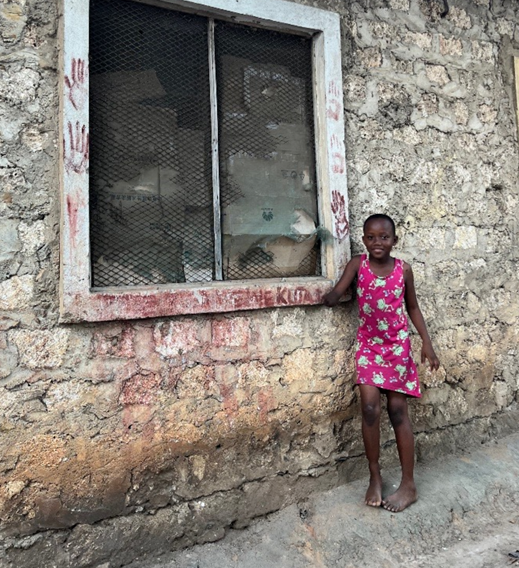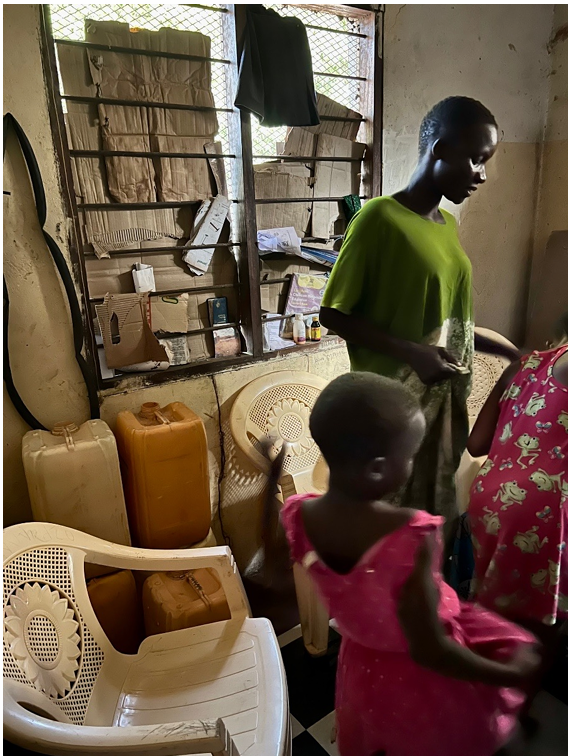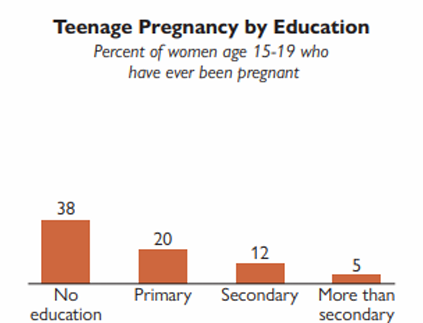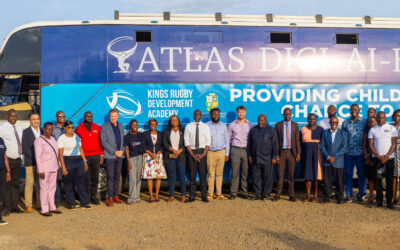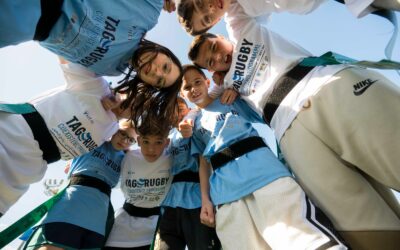In the heart of Mombasa, the Little Sports Organisation Kenya (LSO) is using the power of school sports to connect with children trapped in extreme poverty and give them a way out. For many of these children, daily life is about survival, with no resources for education, creativity, or exploration. LSO’s mission is simple but powerful: open doors to education, opportunity, and hope.
A recent research study conducted among 30 mothers whose daughters participate in LSO’s School Sports program uncovered the harsh realities of the intergenerational poverty cycle.
What is The Inter-Generational Poverty Cycle?
Families are surviving on as little as $2 a day, with all income going toward food and basic needs, with no surplus left over. Education, books, art, music, and healthcare are luxuries they cannot afford. This is a situation that children are born into and struggle to get out of the cycle.
Their research showed clear patterns in the generational stages of the cycle:
- Grandmothers: 73% were subsistence farmers due to a lack of education, often supporting large families.
- Mothers: Many grew up without fathers, facing polygamous households. All had early marriages (pre-18 years old) due to pregnancy, and most have since become single parents living in extreme poverty.
- Daughters: Desperation impacts the current generation of daughters, often pressured into early marriage to ease financial burdens, causing the cycle to relapse.
Life in Extreme Poverty
For children like Rita, day-to-day life offers few safe outlets. Extreme poverty limits them to environments rife with unemployment, drugs, alcohol, and abuse. Girls face particular dangers from patriarchal norms, forced labour, and lack of sexual health education – factors that drive the cycle to repeat.
Rita’s mum, Mahenzo, was pregnant at 16. Now a single mother of three, one with a disability, she supports her family in a single-room home. Rita is often left alone while her mother searches for work. Mahenzo fears her daughter will face the same fate, but dreams that rugby, through the PATHWAYS program, will open new doors for her future.
The Importance of Education
The lack of education, that exists in Mombasa’s inter-generational poverty cycle, results in high-risk behaviour leading to early pregnancies and broken marriages.
Mothers lack the resources and knowledge to educate their daughters properly about sexual health, which has caused Mombasa’s teen pregnancy and prostitution rates to be the highest in Kenya.
But access to education will help get children out of extreme poverty.
The PATHWAYS Solution
LSO’s PATHWAYS Programme tackles these challenges head-on by combining sport, education, and life skills.
Talented and hard-working kids are lifted into their Pathways Development Programme; receiving elite coaching, healthy meals, clean water, school support & a chance to earn scholarships to schools their parents cannot afford.
How it works:
- Talent Scouting – LSO run daily school sessions, inviting the most dedicated to weekend and holiday training at Braeburn Mombasa International School.
- Hard training – Discipline, teamwork, and high-level coaching produce winning teams at local and national levels.
- Education Scholarships – sporting success attracts scholarships from top Kenyan national schools, with 12 girls placed in 2024/25 and 26 more on offer for 2026.
- Beyond the field – creative arts, music, ballet, computer skills, English tuition, and mentoring ensure children thrive in every aspect of life.
A Future Worth Playing For
Through the PATHWAYS Programme, LSO is not just creating athletes; it is creating leaders, role models, and a new generation of young girls with the tools to break free from the poverty they were born into. With every scholarship, every training session, and every child given a chance to dream bigger, the inter-generational cycle is breaking, and a brighter future is being built.
Photo: Mother with daughter Hope who earned a full scholarship to High Schools because of her rugby talent developed in LSO


